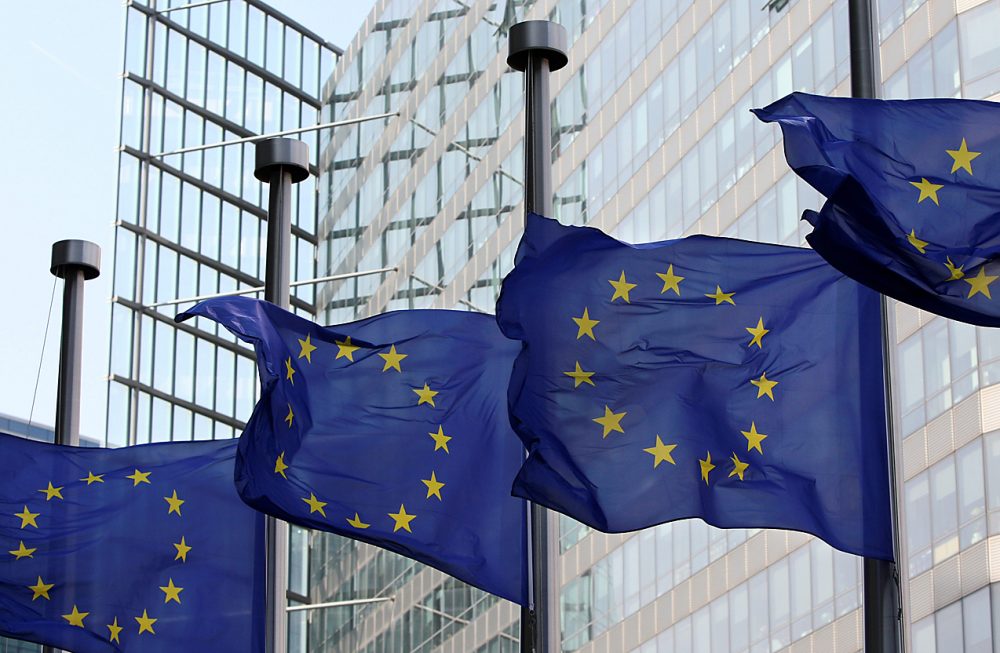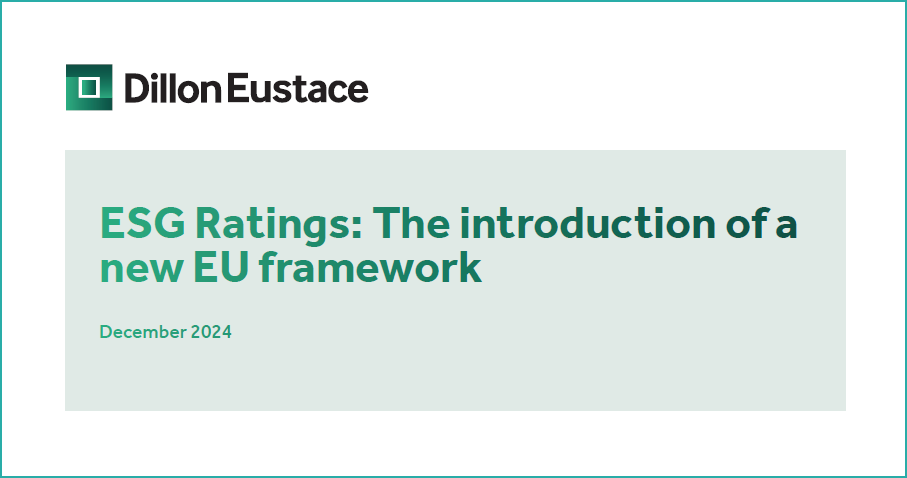The European Union Considers Easing ESG Reporting Requirements: France’s Proposals and Business Impact
The European Union is considering easing ESG reporting requirements, which could change the rules of the game for businesses. France has proposed simplifying processes to reduce the administrative burden on companies. This could make the EU more attractive to investors and enhance business competitiveness. However, such changes also raise concerns among sustainability advocates, who fear a loss of transparency and trust.

The European Union is considering relaxing the Corporate Sustainability Reporting Directive (CSRD), which requires companies to disclose a broad range of data on environmental, social, and governance (ESG) issues. France and Germany advocate for regulatory easing, citing the excessive burden the current requirements place on businesses, particularly in the context of slowing economic growth. The French government is preparing to propose measures to reduce the volume of these requirements, which could have an impact on the business environment across the EU.
Reasons for Revising the Directive
The initiative to ease CSRD requirements is driven by increasing pressure from businesses and the economic situation in the region. Germany, the largest economy in the EU, has experienced a decline in growth for the second consecutive year, partly due to the intensified regulatory burden. Companies have reported significant costs associated with preparing reports and difficulties in complying with all the provisions of the directive. Experts emphasise that excessive regulation may undermine the competitiveness of European companies globally.
Key Proposals from France
The French government has suggested several key changes aimed at easing compliance with the CSRD. Among the proposals are:
- Lower thresholds for mandatory reporting – Companies with fewer than 1,000 employees and annual revenues below €450 million could be exempt from CSRD requirements, allowing the focus to be on larger businesses;
- Simplification of disclosure requirements – A potential reduction in the volume of required disclosures, particularly regarding gender, biodiversity, and climate risk indicators;
- Flexible implementation deadlines – The possibility of granting additional time for small and medium-sized enterprises (SMEs) to adapt to the new requirements without undue burden;
- Development of special guidance – Simplified guidelines for businesses, aimed at helping companies comply with the requirements more efficiently without significant additional costs;
- Sector-specific focus – Introducing a differentiated approach depending on the sector, taking into account the specific challenges of different industries.
These measures would significantly reduce the administrative burden on companies while maintaining the EU's overarching commitment to sustainable development. It is expected that the flexibility in the requirements will allow businesses to allocate resources more effectively and focus on priority tasks.
Political Context and U.S. Influence
The discussion around easing the CSRD comes amid changes in global sustainable development policy. In the United States, the Trump administration announced its intention to review the previous president's climate policy and reduce ESG obligations. These actions are putting additional pressure on the EU, which seeks to balance sustainable development with economic competitiveness.
Impact on the Business Environment
The revision of the CSRD is expected to have a significant impact on businesses in the EU. Should the proposed changes be adopted, companies will be able to reduce their administrative compliance costs, freeing up resources for operational activities and investment programmes. The reduction in regulatory pressure will also increase the EU's attractiveness to international investors, as the business climate will become more predictable and stable.
However, the relaxation of requirements may face criticism from environmental organisations and investors focused on sustainable development. A reduction in the volume of disclosed information could affect the transparency of reports and the trust in European companies on international markets.
Conclusion
The proposed changes to the CSRD could represent an important step toward creating a more balanced reporting system that takes both business needs and sustainability goals into account. Companies will have greater flexibility in adapting to the new requirements, improving their competitiveness. However, the European Commission's final decision will depend on a compromise between economic interests and the EU's environmental priorities.



